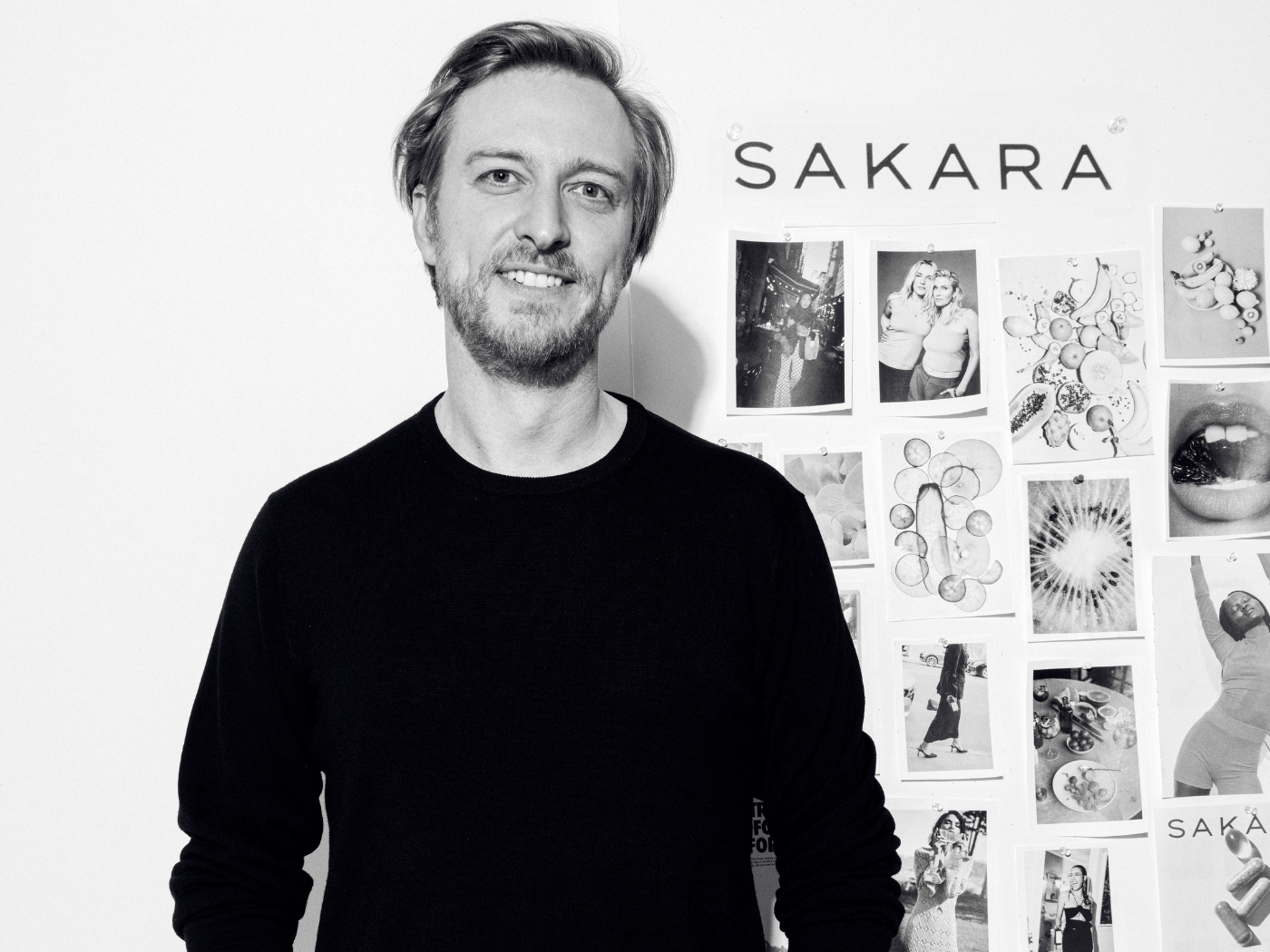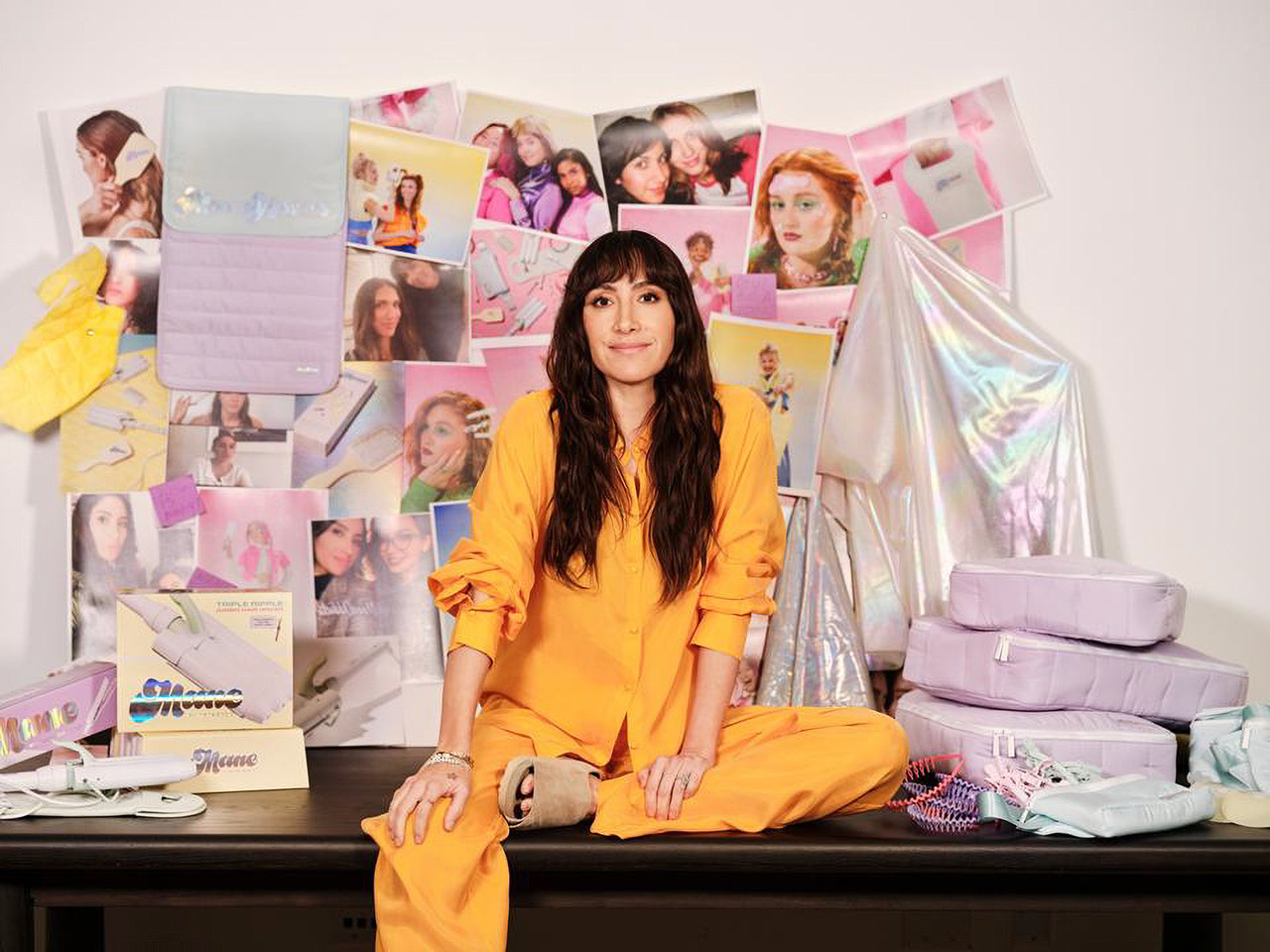It’s not uncommon for customers shopping in Ulta Beauty stores to focus on fixing their perceived negative beauty issues while looking for their favorite skin, hair, or makeup product. For example, complaining to store associates about how they hate their fine lines. But the behavior was becoming such a trend that staffers chain-wide felt they needed the tools to flip the script. It wasn’t long before store executives reached out to change and motivation guru Mel Robbins to create a bespoke associate training curriculum that challenges the way associates think about themselves, paving the way for guests to do the same.
The cornerstone of what is now known as The Joy Project is to change the shopper experience, beginning with store associates. Robbins, a best-selling author and host of The Mel Robbins Podcast, developed the unique training for Ulta Beauty to break down barriers that prevent people from experiencing happiness. The Joy Project is a long-term initiative that Ulta Beauty has embraced as a core strategy.
To get to the heart of how customers experience joy, Ulta Beauty commissioned The Joy Study, third-party research that polled 5,000 adults and teens nationwide about how they experience joy—and its many hurdles—daily. The study revealed that 73% of participants employ negative self-talk, 70% don’t even realize when they’re doing it, and 91% said negative self-talk is the main culprit denying them happiness.
“After conducting The Joy Study, we knew we needed a powerful partner who was equally as passionate about this work, to help transform our findings into actionable solutions that could be used to help positively reframe how beauty enthusiasts see themselves and experience joy,” said Michelle Crossan-Matos, Chief Marketing Officer, Ulta Beauty. “Robbins was the perfect choice. Not only is she one of the world’s leading experts on motivation and change, but her mission and ours align perfectly: to empower people to see beautiful possibilities in their lives every single day. I have personally been inspired by her training methods and knew her powerful insights could inform our training curriculum and importantly transform the way our 50,000-plus associates think about themselves so they can send that joy forward and reshape our guest experiences.”
Robbins was eager to partner with the retailer because she appreciated that the project was organic, as it was sparked by associates concerned about customers. As someone dedicated to research in the realm of happiness, Robbins was also impressed that Ulta Beauty partnered with a third party for a study with a large sample size. “The research found there is a profound connection between the habit of criticizing yourself and your access to joy,” she said. “They also found in a very stunning way that the majority who engage in it are not actually aware of how much we do it. Ulta Beauty decided how to activate and empower 53,000 people to first become aware of their own inner critic and take the steps to silence it and experience more joy in an appropriate way.”
This research guided the Robbins will train store associates to flip their mindset primarily through a series of videos she created.
“As industry leaders, we believe we have a responsibility to do something about this,” Crossan-Matos said. “We conducted The Joy Study because we care deeply about helping people experience more joy in their lives, and to do that, we needed to identify the barriers keeping us from achieving it. Beauty is powerful and should be used as a force for good, and that’s exactly what we aim to do with The Joy Project.”
The eight-part program consists of mini courses that provide strategies and tools to help associates learn to limit negative self-talk and help customers do the same. The training method focuses on three I’s: Identify, interrupt, and inspire. This methodology teaches how to identify their inner critic, interrupt the pattern, and inspire positivity in themselves and others. Knowing it’s hard for most people to accept compliments, associates are guided to talk about internal attributes, such as pointing out a customer’s personality characteristics, to pivot a conversation.
“How amazing would it be if we all started to look at skin care as a way of taking care of yourself and beauty as a creative expression, as a way to amplify rather than as a way to cover something up and conform,” Robbins said.
According to The Joy Study, 85% of people want a high level of joy in their lives, but only 58% actually feel that way. Gen Z is most challenged by negative self-talk, as they are less aware when it’s happening and 65% said they believe they lack the tools and relationships to overcome these hurdles, compared to 54% of the general population.
The halo effect of The Joy Project is to spread happiness far beyond the doors of Ulta Beauty stores.
“Knowing that you could empower an associate to inspire somebody every single day, all day long, the ripple effect and the ability to spread joy forward is limitless,” Robbins said.




